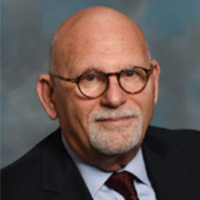 Opa Locka Reorganization Lawyers, Florida
Opa Locka Reorganization Lawyers, Florida
Sponsored Law Firm
-
 x
x

Click For More Info:
-
Hoffman Larin & Agnetti, P.A.
909 N Miami Beach Blvd Suite 201 Miami, FL 33162» view mapBankruptcy and Debt Experience and Results Matter
Hoffman, Larin & Agnetti have offices in South Florida. We have a long list of satisfied, well-represented clients since our firm opened in 1975.
800-893-4280
Lawyers
1-4 of 4 matches
Bankruptcy & Debt, Bankruptcy, Reorganization, Bankruptcy Litigation




 Martin Hoffman Miami, FL
Martin Hoffman Miami, FL